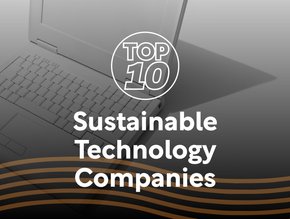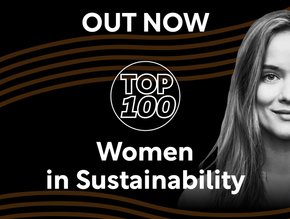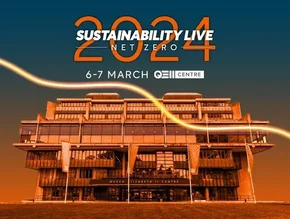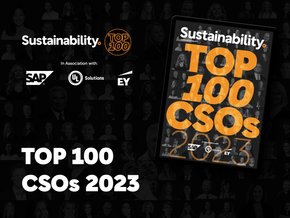Top 10 Ways to Live More Sustainably

Global warming is becoming a more pressing issue as time goes on. Our environment and atmosphere is harmed depending on the decisions we make. Swapping daily tasks and products for more sustainable/eco friendly alternatives can reduce the effect we have on the environment. Here we count down 10 ways we can live more sustainably.
10. Save water

Cutting down on water usage not only reduces your affect on the environment but also saves you money. Having a water butt in your garden allows you to water the garden without using water from the tap. Reusing water after cooking or cleaning to water plants decreases your water usage.
9. Grow your own produce
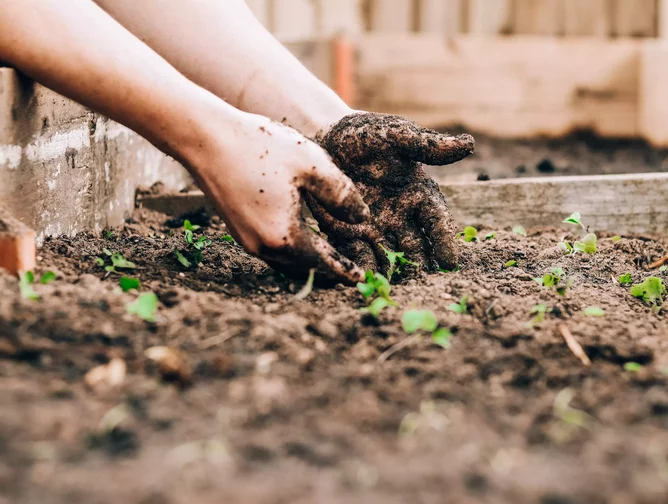
Most produce is imported to supermarkets which increases fossil fuels usage, growing your own vegetables saves money and decreases the effect on the environment. Some imported produce creates water and air pollution in the areas it's grown.
8. Eat less meat

Climate change is highly affected by the meat industry, this is from the production as well as the transportation. The industry also has a large effect on landscapes because of the plots needed to house these animals. Eating meat alternatives is better for the environment and fights against pollution.
7. Go paperless

The production of paper has a big impact on the environment and climate change, from the tools used to remove the trees, to the equipment used to make the paper. As well when paper is disposed of and begins to decompose it emits carbon dioxide. Some ways to reduce paper usage is too switch to online applications, send emails instead of letters, and read books through an online source.
6. Reduce energy usage
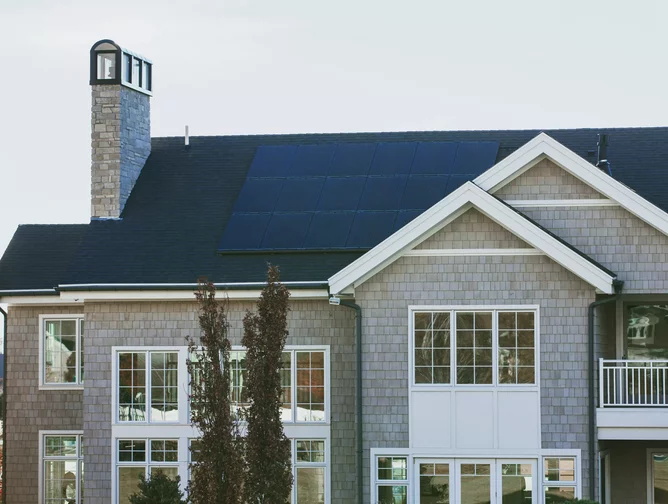
Using a high amount of energy can add to carbon emissions and increase climate change. Using less energy can reduce this, such as turning lights off, turning unneeded plugs off, and using non-electric alternative appliances. To reduce the effect of your energy usage you can switch to a sustainable energy provider or install solar panels.
5. Sell and donate unwanted items

Selling or donating unused or unwanted items gives the items a new purpose and lessens the amount of production of new items. This can also make you money unlike throwing away old products, and prevents landfills from filling up.
4. Recycle
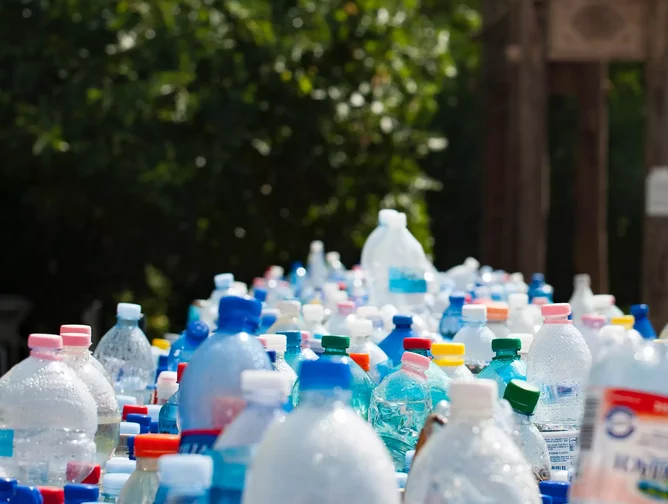
Recycling your products or packaging means they don't end up in landfills which affects the environment. When you recycle, these items get broken down into materials which can be used in products, not only does this repurpose these items but also takes the strain off the amount of raw materials that need to be harvested.
3. Drive less
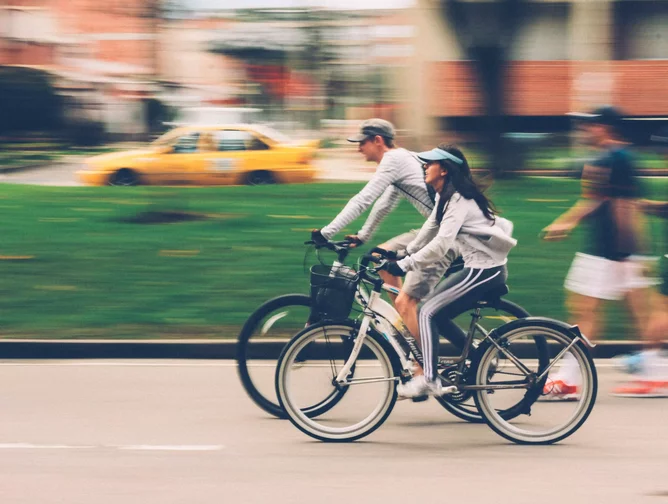
On road driving makes up for around 20% of total emissions, which increases climate change. Switching to other methods of transportation can decrease the amount of emissions created. Using public transportation means multiple people can use the same vehicle instead of driving, although busses and trains create emissions, this is less than if all passengers were to drive. Walking and cycling produce no carbon emissions and are almost cost free. If other means of transportation aren't possible, switching to electric cars decreases the amount of emissions.
2. Purchasing sustainable clothing

The clothing industry is the second largest cause of pollution and is estimated to produce 92 million tons of waste every year. Shopping as sustainably as possible can reduce these numbers, opting against fast fashion for companies that use sustainably sourced and recycled materials. Shopping in second hand shops or on second hand clothing sites, repurposes unwanted items and decreases the need for new production, as well as this second hand shopping is typically cheaper than fast fashion brands.
1. Grocery shop sustainably
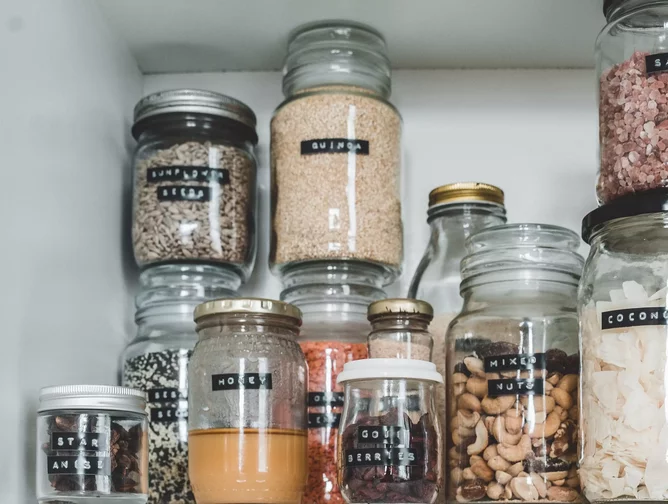
Grocery shopping creates a lot of waste because of the packaging, which is commonly non-recyclable. The packaging usually ends up in landfills. As well, most supermarkets sell imported produce which increases carbon emissions. An alternative to this is using sustainable supermarkets, where you bring your own containers for food, and produce is locally sourced. If these aren't available, looking for fair trade or organic in big supermarkets is a more sustainable option.


